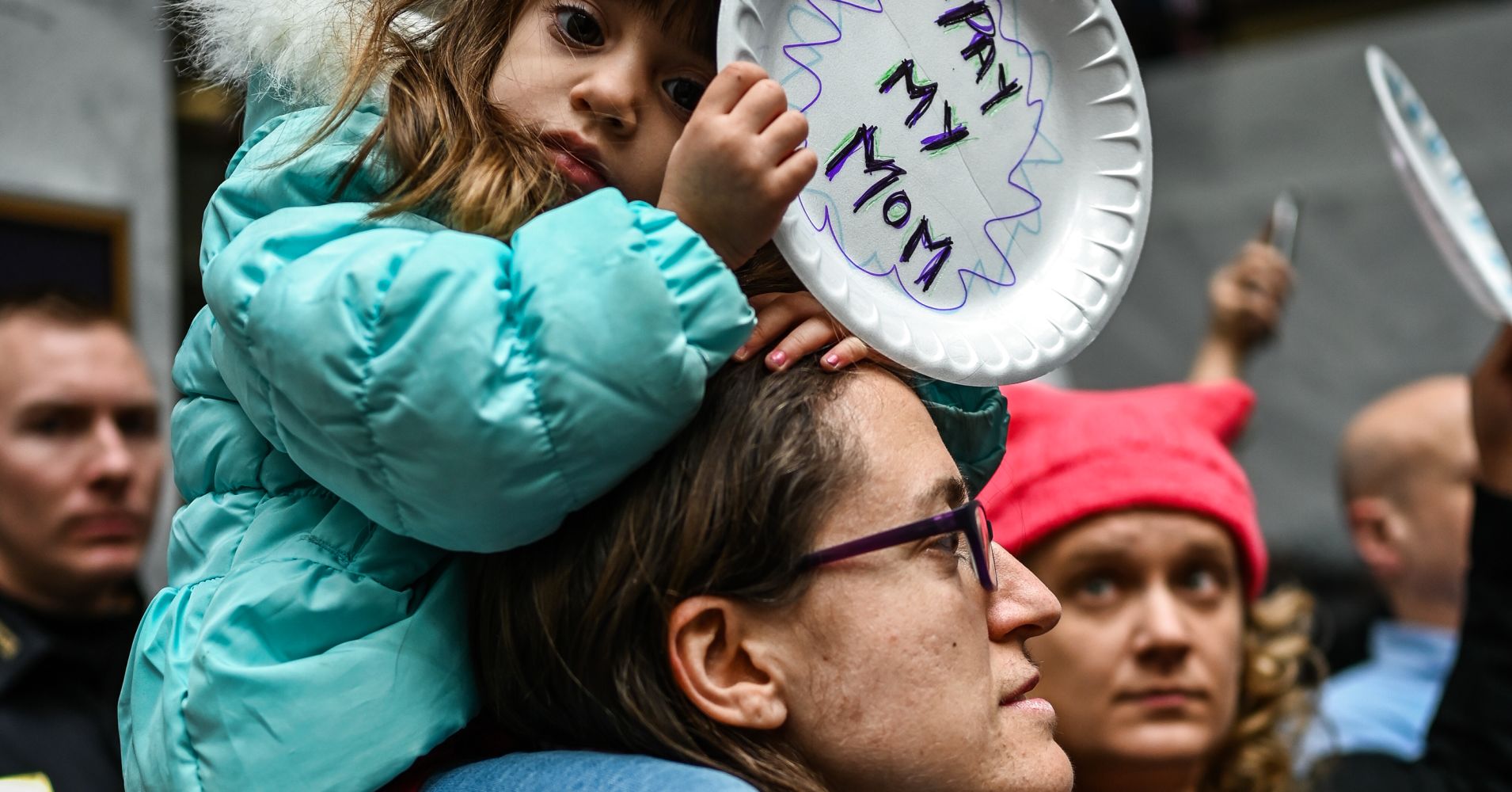The government shutdown, which entered Day 35 on Friday, won’t cause an economic recession, because it began so close to the start of the first quarter of 2019, said James Poterba, president of the National Bureau of Economic Research, which decides when recessions begin and end.
Poterba, an economics professor at the Massachusetts Institute of Technology, said he does not see the current shutdown tipping the economy into a two-quarter contraction, which is generally seen as a guideline in calling recessions. “You’d have to have a very, very long shutdown for that to happen.”
The standoff between President Donald Trump and Democratic legislators over Trump’s demand for border wall funding led to the partial closure of the federal government on Dec. 22, just before the end of the final quarter of 2018. In mid-January, it became the longest shutdown in history, surpassing the 21-day closure during the Clinton administration in 1995 and early 1996.
Kevin Hassett, chairman of the president’s Council of Economic Advisors, told CNN on Wednesday the U.S. might post no economic growth in the first quarter if the government does not reopen. But “the second-quarter number would be humongous if the government reopened,” he said. “It would be like 4 or 5 percent.”
Poterba on Friday did put forth a hypothetical in a “Squawk Box” interview: “You could see a situation in which a shutdown ran from the middle of one quarter to the middle of the next, [in which] the growth numbers in both quarters ended up slightly negative.”
However, such a scenario would still probably not trigger a recession call, he said. “That’s a great example of where the two-quarter negative rule could, in fact, get you into some difficulty,” he explained. “It’s conceivable in a situation like that that the NBER committee would say, ‘As long as there was reasonable growth before and after, this was an aberration and was not a true recession.’ And the committee might decide not to call that.”
As of now, Poterba said, the NBER committee has not been discussing whether a recession might be on the horizon. “It’s a very data-driven decision. The decisions on when to date these business cycles are made by a committee. It’s not a simple rule. It’s not two quarters of decline in real GDP,” he said. “At a moment like this, when we’re seeing a period of continuing growth, there’s not a lot to talk about. So the committee doesn’t have any reason to meet.”
Poterba appeared on CNBC as debate rages among economists, Wall Street strategists and Washington leaders on whether signs of an economic slowdown in certain sectors, such as housing and autos, is signaling a recession this year or next, or not anytime in the near future.
However, investors hoping for early cues from the NBER should be careful: The committee often makes its conclusions after the fact. The Great Recession, the longest since World War II, was a “clear example,” Poterba said. “In late November of 2008 the NBER announced a recession had begun in December of 2007.” It wasn’t until September 2010 that the NBER acknowledged that the recession had come to an end in June 2009.
NOTE: You can not find the right trading strategy? if you have no time to study all the tools of the trade and you have not funds for errors and losses – trade with the help of our best forex robot developed by our professionals. We offer forex robot free download. Signal2forex reviews


 Signal2forex.com - Best Forex robots and signals
Signal2forex.com - Best Forex robots and signals




